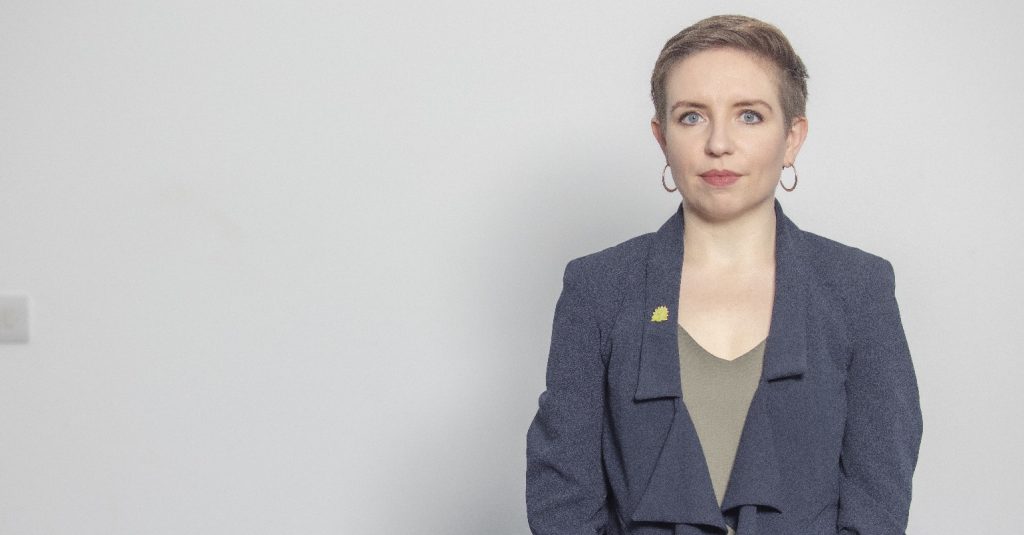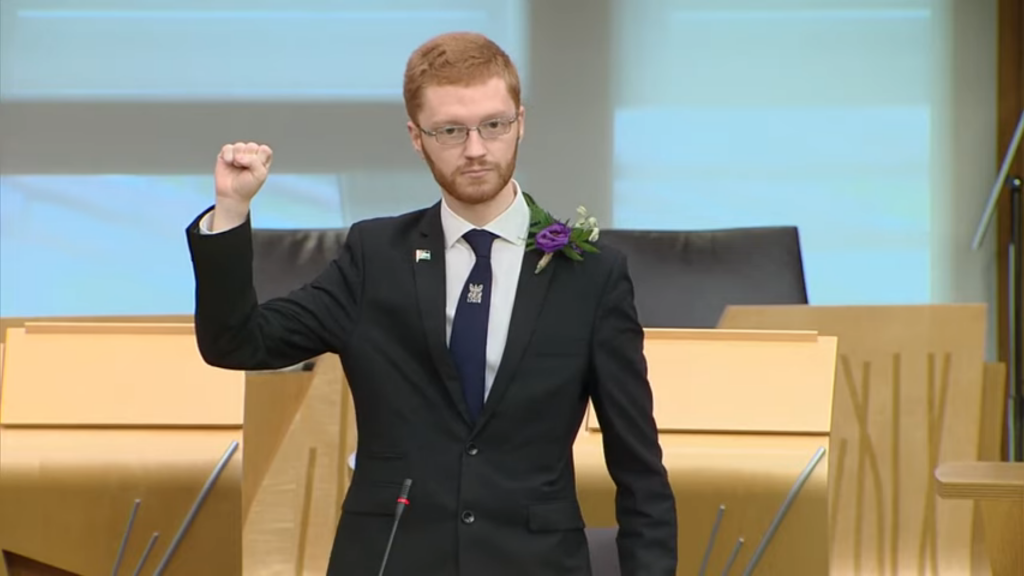Greens making the case for progressive cross-party collaboration
The Compass Greens Network wants to help the Green Party achieve much greater political influence in the UK. We formed shortly after the 2019 general election to host an open conversation about the Green Party’s electoral strategy and its relationships to other progressive parties and movements.
The climate and ecological emergencies demand that green ideas dominate the country’s political agenda and that Green politicians are involved in shaping the UK’s approach to averting global climate disaster. For that to happen, the next general election must deliver a progressive majority in parliament – and the Green Party will have to play its part in making that a reality. The Compass Greens Network explores how the party can do this.
Throughout 2020 our conversation has addressed some fundamental questions and dilemmas about the Green Party’s strategy in England and Wales. We brought together Greens with very different perspectives and had frank exchanges about how the Greens can make a further breakthrough at Westminster in the absence of a fair voting system. From those conversations it has become clear that some degree of cross-party collaboration will be essential in securing much greater Green political influence within a timescale that acknowledges the climate emergency.
There are lessons from the alliances of 2017 and 2019 and they need to inform any fresh endeavour to build a Progressive Alliance. But last year’s disastrous election result has changed the political outlook for all progressives. It means there’s time to build lasting, equitable relationships; an alliance that is more than an electoral pact.
We’re delighted to see that our initiative has now inspired similar networks in other progressive parties (see here and here), where they too will bring together members and supporters to explore how their parties can be part of progressive alliances. We need them, just as they need us.
Labour is slowly coming to terms with the reality that it will be near-impossible for it to win a majority on its own in 2024. Three quarters of its membership already supports proportional representation and local parties are putting pressure on the leadership to move on this issue. All of this could help thaw Labour’s traditionally frosty attitude to progressive collaboration. The Liberal Democrats have moved to the left and are now embracing radical progressive ideas such as basic income. With some 80 second places behind the Tories in 2019, they are likely to hold the key to a progressive majority.
Now is the time to carefully build the foundations for a Progressive Alliance that can win the 2024 general election. It starts with finding commonality in our values and priorities and with earning mutual trust at all levels. The common ground we already share on urgent climate action, democratic renewal, addressing inequality and progressive internationalism can bring us closer together; it can offer a common platform for a progressive government.
Of course, any alliance must deliver a fair, proportional electoral system. If a progressive government can be formed thanks to cross-party alliances, it will have a duty to legislate without delay for a PR-based voting system, thus ending for good the Tories’ electoral advantage based on first-past-the-post, and unlocking a different, plural, politics. That, in turn, will help us bring about a better society.
Compass seeks to build cross-party alliances around values, policies and action and welcomes progressives from all parties and none. The Compass Greens Network is run by Green Party members, assisted by the Compass office. It is open to any member or supporter of the UK’s Green parties. Our conversation about Green political influence continues – it takes the form of informal meetings and events, publications on the Compass website, and online co-creation. From now on, we will also enter into conversation with other Compass networks and support electoral collaboration where sensible.
Through the Compass Greens Network we will build support in the UK’s Green parties at every level for positive collaboration with other progressive parties: building trust, helping develop shared policy ideas and campaigning together both for future progressive change and to thwart one of the most regressive governments in living memory.
We do hope you will join us.
- Remco van der Stoep
- Stephen Clark
- Dale Rapley
- Martin Osborne
- James Morgan
- Chris Ogden, Manchester Green Party
- Ruthi Brandt, Oxfordshire Green Party
- Paul Jeater, Brentwood & Chelmsford Green Party
- Kaddy Beck
- Martin Farley, Brighton & Hove GP
- Victoria George, Hounslow Green Party
- Mick Bradley Otley & Yeadon Green Party, Leeds
- Eliza Tyrrell, Manchester Green Party
- Sarah Vaughan, East Devon Green Party
- Andrew Herbert, Kendal Green Party
- Andrew Pratt, Plymouth & West Devon Green Parties
- Chris Millman, Bristol Green Party
- Madeleine Broderick, Liverpool Green Party
- Peter Vaughan, East Devon Green Party
- Lucy Mackilligin, Bristol Green Party
- Jon Elkon, Hounslow Green Party
- Steve Williams, Guildford & Waverley Green Party
- Nicole Haydock, Bury Green Party
- Ewan Jones, Central & SE Somerset Green Party
PS. We hope you enjoyed this article. Bright Green has got big plans for the future to publish many more articles like this. You can help make that happen. Please donate to Bright Green now.
Image credit: Rwendland, Tanoshimi and Keith Edkins – Creative Commons





this makes me feel physically sick….
Johnathan Bartley and Sian Berry claimed at the last two leadership elections that we would not be doing anything like this again….. but neither of them will speak out against this…..because they were disengious
please everyone remember and i hope there is a successor anti-progresive alliance candidate in the next leadership election….in 2022
This is both encouraging to read and a sign of possible change. Electoral reform is a must in time for the next general election, otherwise our freedoms will be further eroded. Every vote must count. The great problem is we do not have time for this to work its way through our sluggish, outdated political system. Right now the Tories hold all the cards and they are NEVER going to support any action in parliament to weaken their grip on the political life of our nation. There has to be an ethical means to transfer their votes for more fair redistribution.
There is a means to achieve this and it depends on the youth and young adults. It requires us to invite all young people from secondary school age onward to sign a declaration that they will never cast their democratic vote for a party or individual that does not pledge to act in the best interests of future generations. What does this mean and how is it to be delivered?
Right now, Lord Bird is steering his private members Well-being of Future Generations Bill through the UK Parliament. It is based on the Welsh government’s model 2015 Act by the same name. It contains clear definitions of what the well-being of future means and sets out an agenda for doing exactly what it says on the tin. It is vital that this initiative is seized upon by any and all people who are in any way serious about transforming our democracy and creating a better future for our successors. It can add energy and greater purpose to the attempt being made here to reform the existing voting system, energise the current political debate and send a message to young people everywhere that the future truly does belong to them.